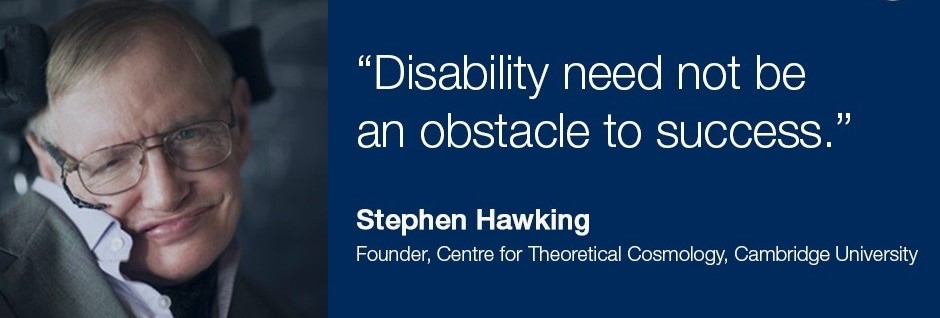Center for Psycho-Pedagogical Assistance and Integration

Among the objectives of regional development for the West Region in Romania (Plan of National Development for West Region 2014-2020), the objective of inclusion of persons with disabilities was explicitly mentioned (p. 42). In the West Region this strategy registered a number of 66.144 persons with disabilities living with their families, while from the total of persons with disabilities (67.701) only 4,73% were working (p.43). Thus, higher education can contribute to the reduction of social exclusion for this category, by offering them a specialization as an advantage for further integration at the workplace.
The center was identified as a positive practice in a national research project on the topic of increasing equity in higher education. The research team from UEFISCDI (the national coordination of research unit) interviewed the director of the center, dr. Mihai Predescu, on the larger topic of the equity in higher education and services provided to students.
The center offered information and assistance to candidates and students with various disabilities in the West University of Timisoara. The target groups were the candidates with disabilities (a disadvantaged group in the region) and the students with disabilities (which also needed further assistance, after admission).
The mission of this center was to create a frame of inclusion for students with special educational requirements in the West University in Timisoara (UVT): developing accessibility of the university for students with disabilities; creating an interface between students with disabilities and teachers, for the adaptation of study materials and evaluation instruments; psychological and educational counseling; increasing accessibility of spaces and technologies; adaptation of support materials in function of the type of disability; diagnosis and guiding for medical treatment.
The additional objectives of this center refer to the increase of knowledge about the special needs of persons with disabilities, and the instruction of necessary competences: research with the Psychological Clinic of the university; short formation programs on teaching methods and adaptation of study materials for pupils with CES (target publics: parents, teachers from schools, personal instructors), conferences and seminars on this topic.
Also, among the additional objectives of the center was the international cooperation for increasing awareness on the category of people with disabilities, and the support for increasing mobility of these persons.




